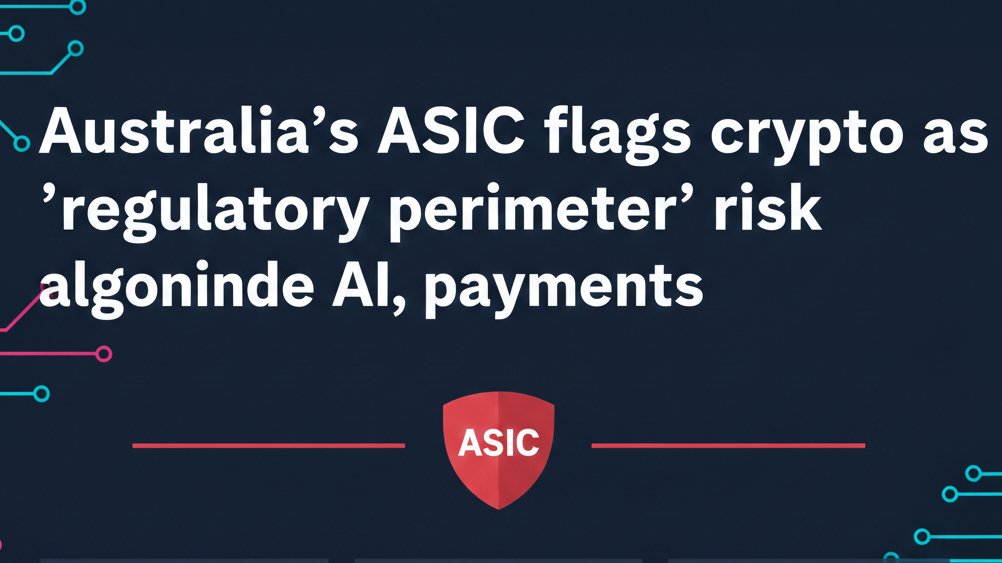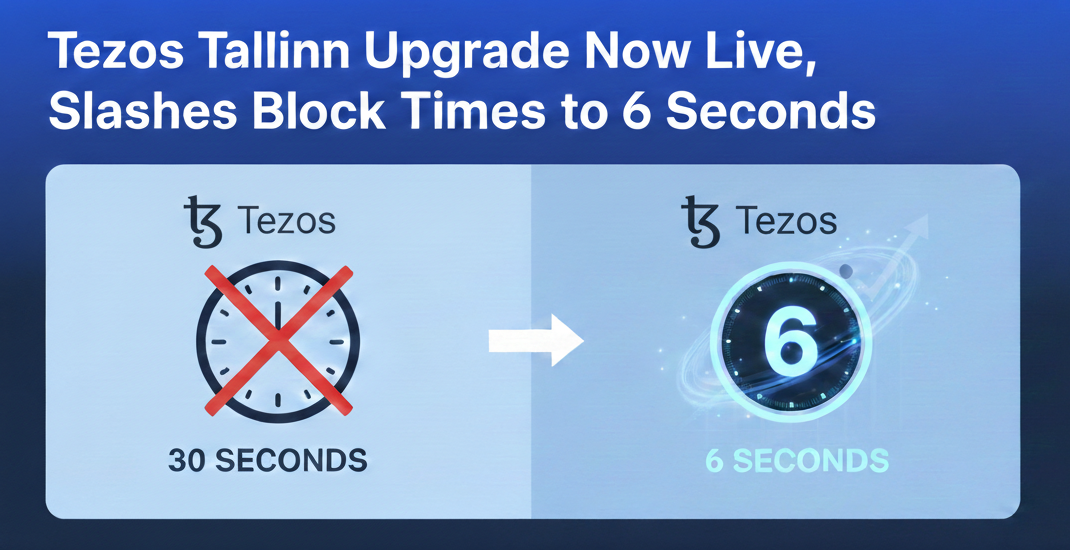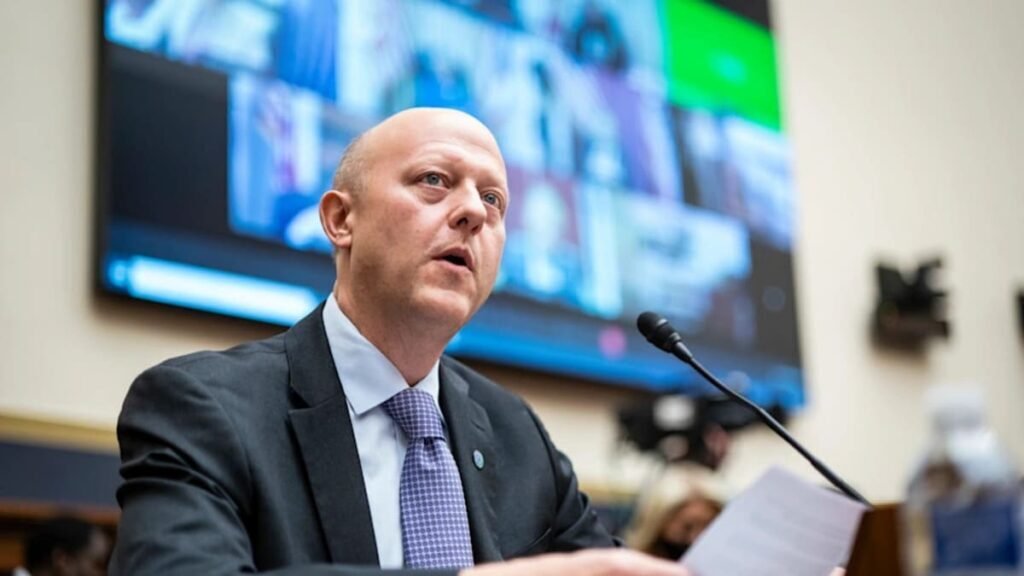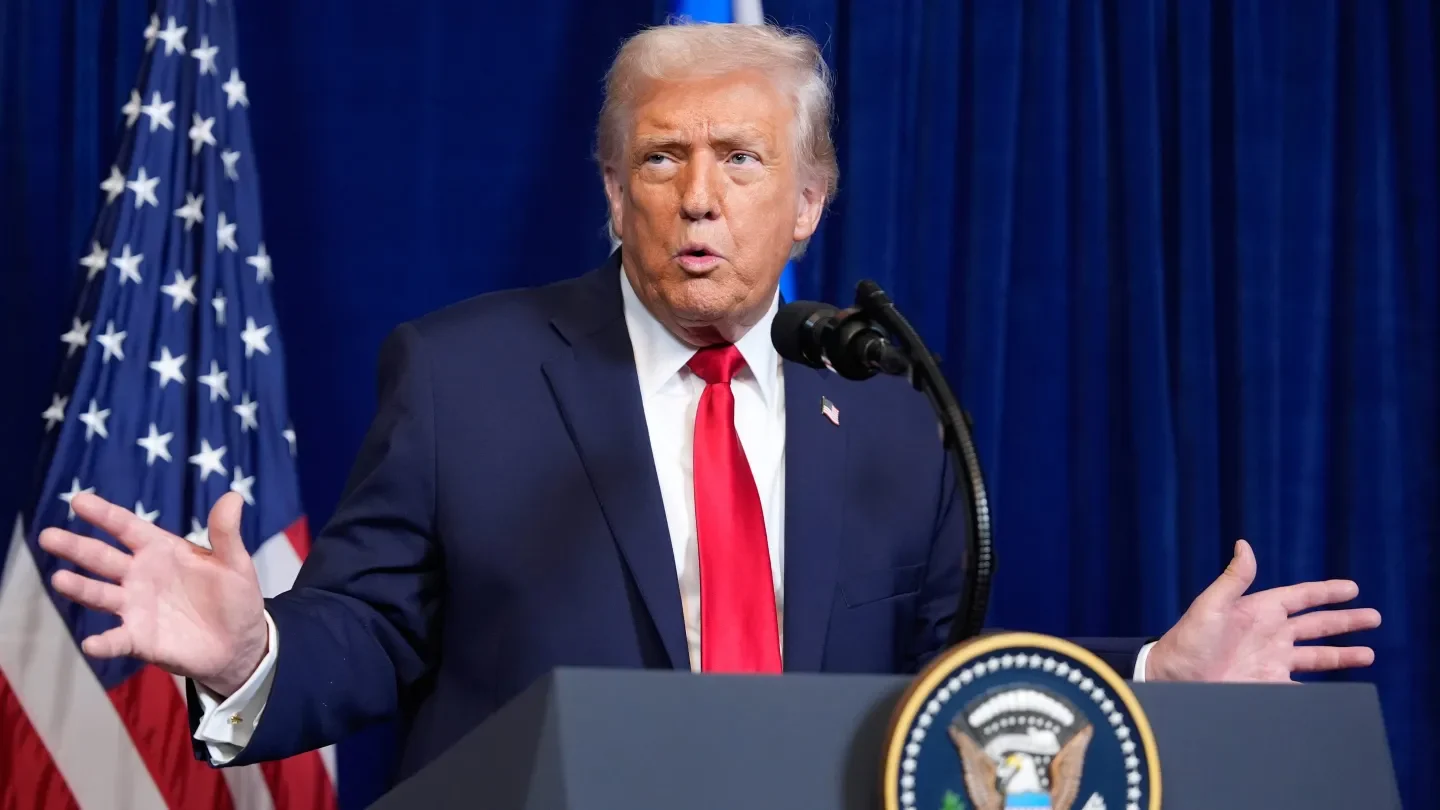Bitcoin Investment Banks Approved in El Salvador, Landmark Law Opens Doors for Crypto Finance
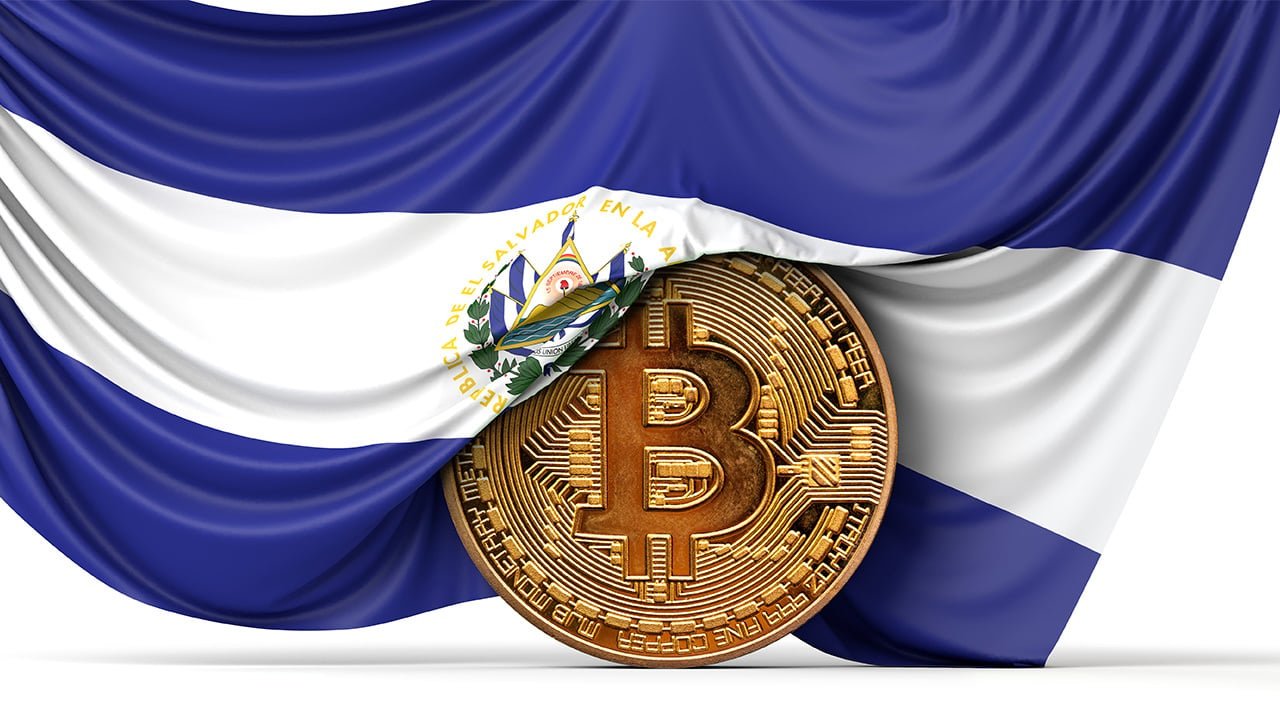
El Salvador has reached a new milestone in its pro-Bitcoin financial revolution, passing the Investment Banking Law that authorizes regulated investment banks to hold Bitcoin (BTC) and offer digital asset services to institutional and high-net-worth investors. The new framework, championed by the Commission of Digital Assets (CNAD) president Juan Carlos Reyes, signals a major shift in how crypto banking operates in the region and positions El Salvador as a pioneering crypto hub for sophisticated investors.
What the New Investment Banking Law Means
As of August 2025, licensed investment banks in El Salvador can now:
- Hold Bitcoin and other digital assets on their balance sheets.
- Obtain a Digital Asset Service Provider (PSAD) license, allowing them to operate entirely in Bitcoin and other crypto assets.
- Issue securities, structure corporate deals, and manage assets for “sophisticated investors” (those with at least $250,000 in liquid assets and proven financial expertise).
- Process transactions in legal tender and foreign currencies, giving banks flexibility to serve international clients and offer robust crypto banking services.
Unlike traditional commercial banks, which remain governed by separate regulations, these investment banks must maintain at least $50 million in capital to qualify under the new law a move designed to attract global capital and bolster financial stability.
Attracting Institutional Investors and International Capital
The Investment Banking Law aims to position El Salvador as a regional financial center for digital assets. Lawmakers and government officials, including Dania González and Juan Carlos Reyes, have stated that the goal is to “draw in international private capital” and provide a regulated home for funds, institutions, and high-net-worth individuals to manage their crypto holdings. This follows El Salvador’s strategy of targeting institutional adoption after retail crypto use in the country struggled to gain traction.
Institutional investors, including crypto companies and global financial firms, have increasingly established operations in El Salvador due to its favorable regulatory climate. The country now boasts over 6,200 BTC in its national reserves, further cementing its crypto-friendly reputation.
International Partnerships Drive Crypto Growth
Beyond national policy, El Salvador continues forging strategic international partnerships to propel crypto adoption:
- Pakistan: President Nayib Bukele met with Pakistan’s minister of crypto and blockchain, Bilal Bin Saqib, to exchange ideas on nation-state Bitcoin adoption and energy policies supporting crypto mining. Both countries aim to leverage technology under IMF programs for economic advancement.
- Bolivia: In July, Bolivia’s central bank signed an MOU with El Salvador’s CNAD to promote cryptocurrency use as an alternative to fiat during a currency crisis a move that highlighted the utility of stablecoins like USDT (Tether) for cross-border commerce when dollars are in short supply.
Compliance, Transparency, and Regulatory Oversight
The CNAD’s tech-forward approach, led by Reyes, ensures that digital asset regulation is both thorough and business-friendly. The commission acts as a single point of entry for digital assets, requiring all operators to be licensed and compliant with strict transparency, multi-sig storage, and customer identification protocols.
Critics and Broader Impact
While these reforms promise to boost El Salvador’s profile as a crypto banking powerhouse, critics argue that the benefits focus on large investors and businesses rather than ordinary Salvadorans. Surveys suggest everyday users have seen limited direct impact from Bitcoin’s legal tender status, as the majority of new services and opportunities remain geared toward institutional participation. However, officials maintain that these moves will indirectly spur job creation, new investments, and financial innovation that ultimately help the broader economy.
Key Takeaways
- Regulated Bitcoin investment banks are now legal in El Salvador, serving sophisticated and institutional investors.
- Licensed banks can operate with BTC and other digital assets, broadening service offerings and driving capital inflows.
- El Salvador is building global alliances, positioning itself as the premier crypto finance hub in Latin America.
- Institutional adoption is at the center of the new law, potentially paving the way for more specialized and robust digital asset banking.
- Critics caution that mainstream economic benefits may take time to materialize for the general population.
El Salvador’s groundbreaking law puts it on the map as the first nation to fully embrace Bitcoin investment banks, potentially setting the blueprint for global crypto finance transformation.

